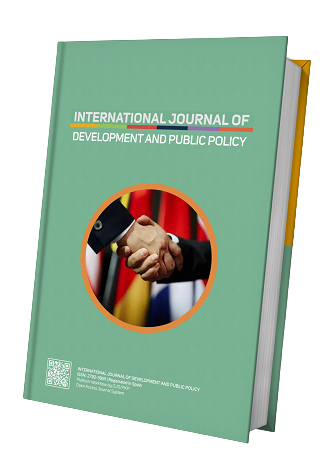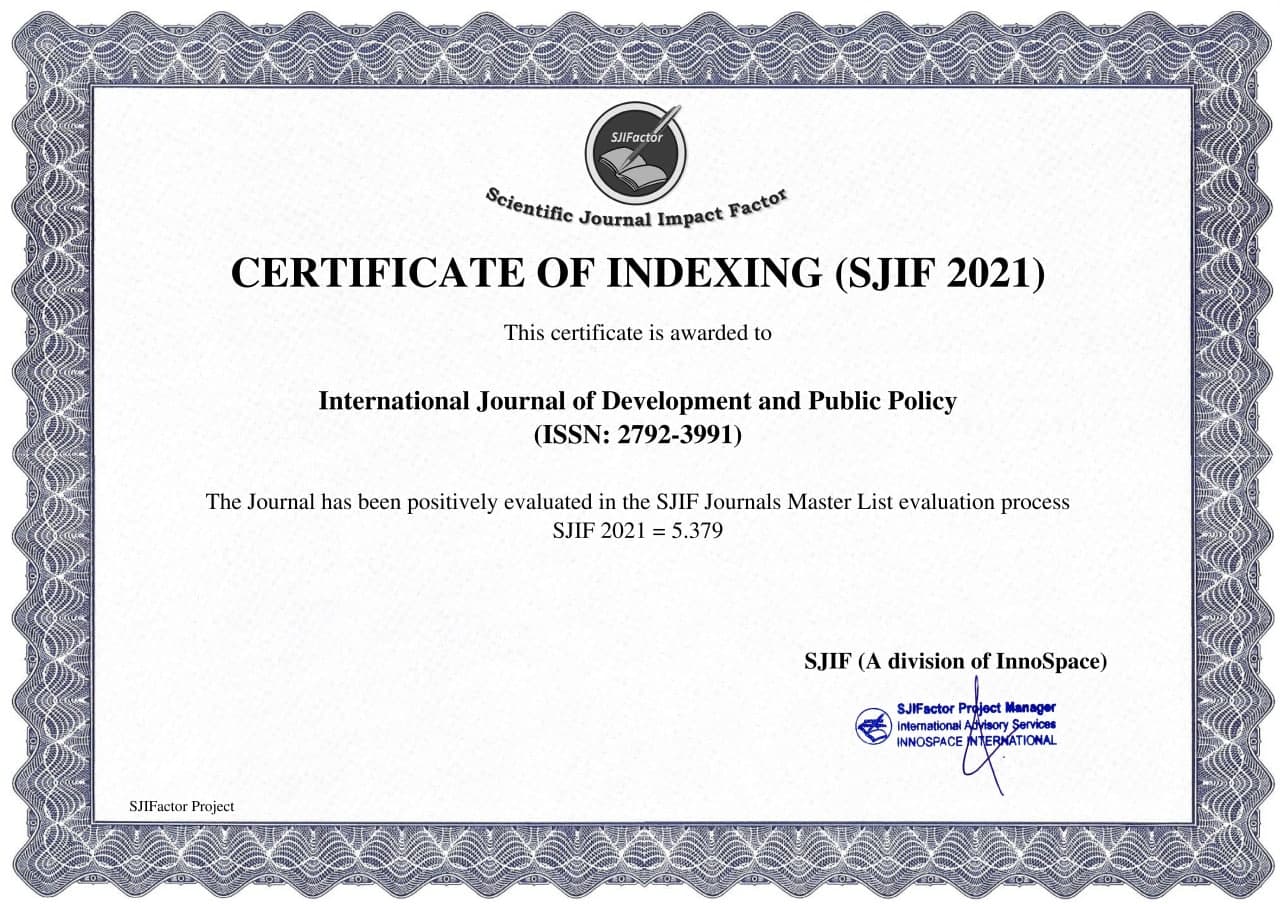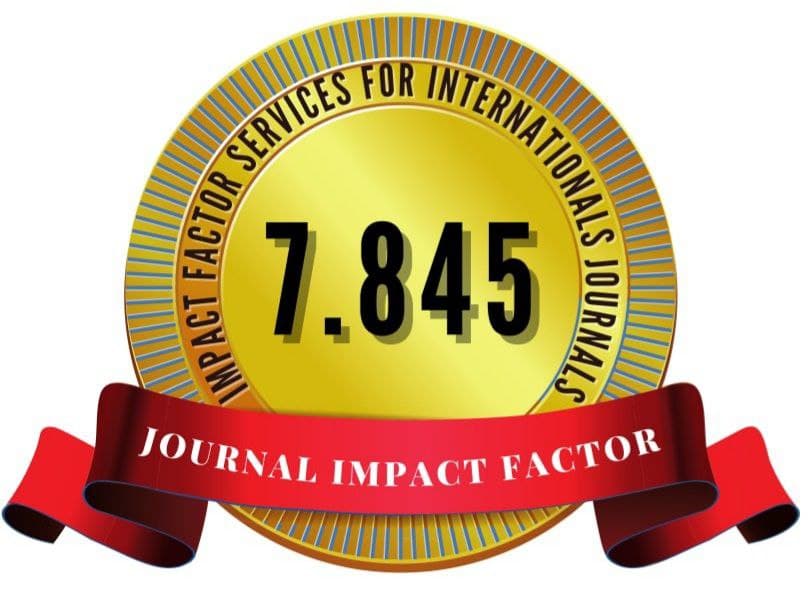Environmental Ethics in Sustainable Development
Keywords:
environmental ethics, sustainable environmentAbstract
Humans as part of the living creatures that inhabit the earth have a reciprocal relationship with the environment. To achieve the welfare of human life by trying to take advantage of existing environmental resources. Some people have a wrong view of resources (frontier mentality) so their actions can cause environmental damage. On the other hand, there are also groups of people who try to carry out development by pursuing economic growth rates by producing as much as possible, so that exploitation of the natural environment cannot be avoided. To overcome the problem of the environmental crisis, the development paradigm needs to be changed so that existing resources are not extinct or only enjoyed by the current generation, but can be used as a provision for future generations. In other words, development must be sustainable. Sustainable development requires a foundation of values and morals so that everyone can support it. The foundation of these values is environmental ethics. Environmental ethics can have good control over every human action on the environment when there is a change in mindset (moral thinking), moral attitude (moral affective), and action (moral action). If environmental ethics have been built and internalized in humans, then sustainable development will not experience obstacles in its implementation. Building ethics can be done through formal/school and non-formal education (family and community).






